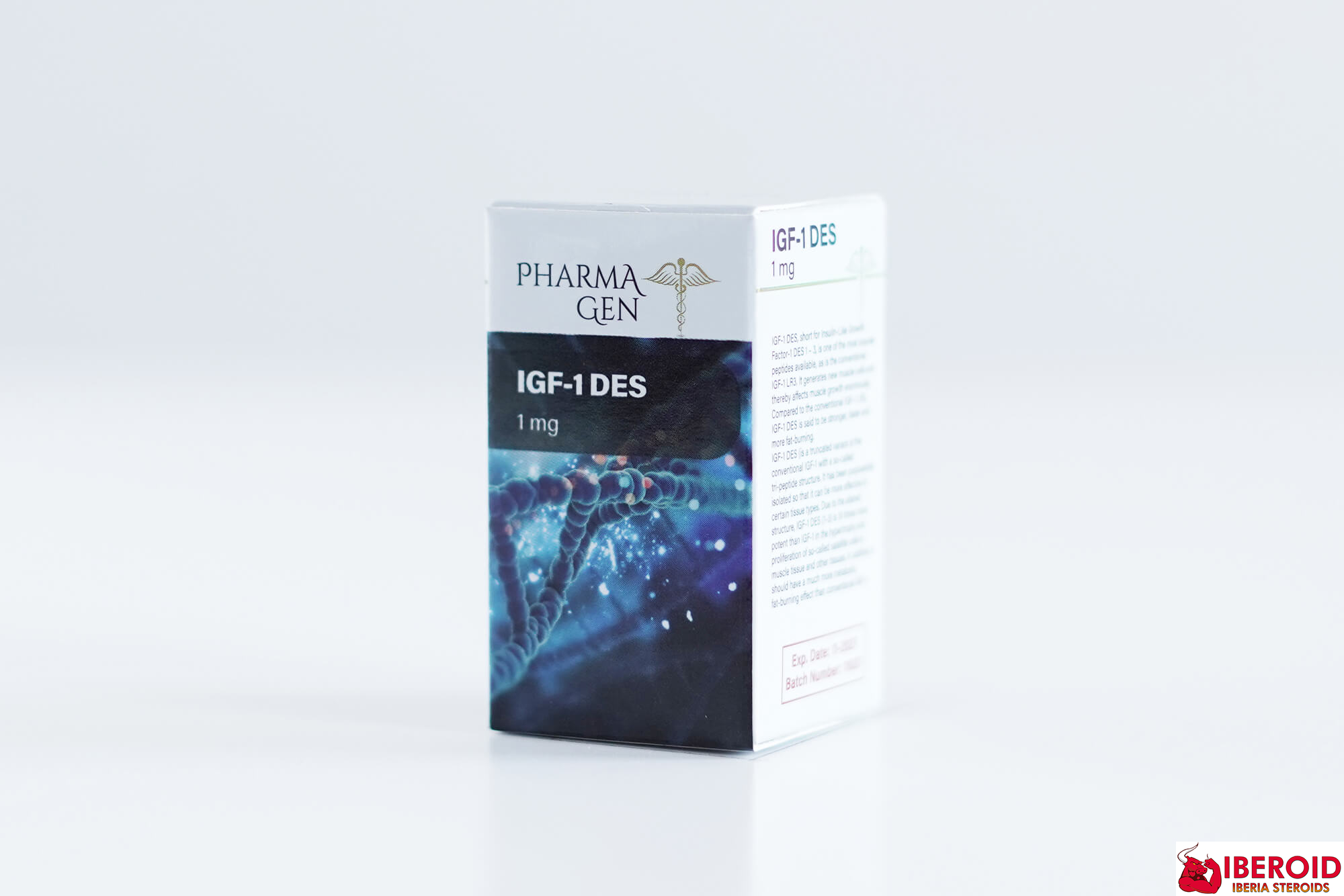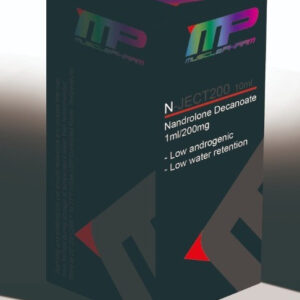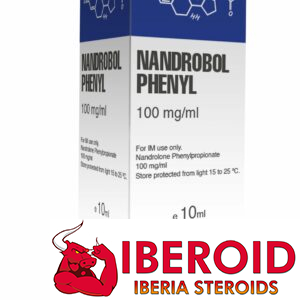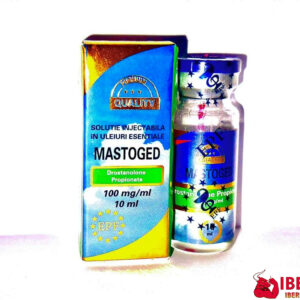Description
IGF 1 DES- 1 MG is a highly anabolic hormone that affects numerous areas of the human body. It also shares an important relationship with Human Growth Hormone (HGH), and on a structural basis is similar to insulin.
IGF 1 DES- 1 MG has been shown to greatly increase the number of cells in the skeletal muscle, which in turn can lead to an enhancement in lean tissue growth. Not only can it promote muscle growth, but by this mode of action can also promote bone growth, and to a degree growth of our internal organs.
IGF 1 DES- 1 MG is also known as a neuroprotector and neuropromotor, which could potentially lead to improved mental function.
Side Effects
Clinical data has shown that more than 40% of all those receiving IGF-1 therapy have experienced hypoglycemia at one level or another. Thankfully, avoiding a hypoglycemic state when using IGF-1 is easy. Before administering your IGF-1 you should consume simple sugars each and every time along with an adequate amount of food, specifically protein and a mixture of simple and complex carbohydrates. This should occur approximately 15-20 minutes before you administer your IGF-1. Once injected, if hypoglycemia symptoms begin to show, immediately consume more simple sugars and continue to consume them until the symptoms go away.
If the symptoms of hypoglycemia begin to occur immediately consume fast acting carbohydrates such as candy bars, or any type of sugar filled food or a carbohydrate drink or juice; grape juice is a fantastic choice. If ignored, this can and in many cases will lead to severe hypoglycemia, which has the potential to be fatal. Full blown severe hypoglycemia can lead to severe disorientation, seizure and unconsciousness, but as discussed there is no reason for this to occur if IGF-1 is used properly.
Some IGF-1 users may experience joint pain or discomfort despite it typically having a positive impact on joints. Some reports have indicated tonsil growth, which can lead to the individual becoming an extreme snorer. Pronounced organ growth has also been noted in some patients, particularly the kidneys and spleen.
IGF-1 can increase cholesterol levels; however, this is very manageable with a healthy diet. The individual’s diet should be rich in omega fatty acids. Daily fish oil supplementation is advised. It is also advised that you incorporate plenty of cardiovascular activity into your daily routine. Some may also find a cholesterol antioxidant supplement to be beneficial.
IGF-1 may also thicken facial soft tissue. High doses of the hormone have been linked to facial structure growth, especially in the jaw and forehead with possible growth in the hands, feet and elbows.





 Español
Español Português
Português Italiano
Italiano Français
Français










Reviews
There are no reviews yet